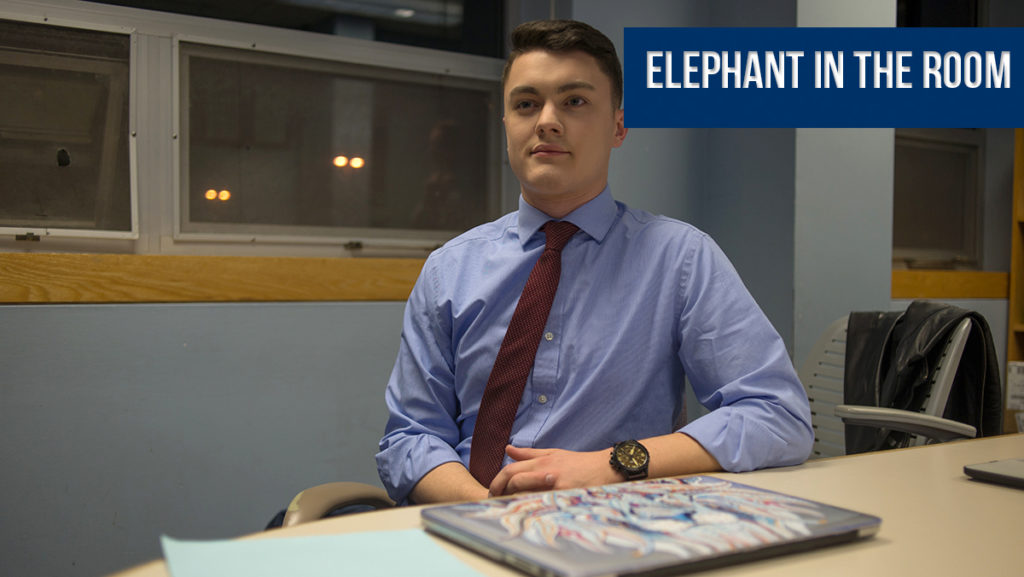Betsy DeVos’ confirmation as the U.S. Secretary of Education was one of the most contentious and publicized in recent memory. It’s safe to say that by the time Vice President Mike Pence cast the tie-breaking vote, DeVos had already received more attention for her confirmation than either of President Barack Obama’s education secretaries. Google searches alone show an immense interest in DeVos that neither Arne Duncan nor John King received. Whether or not you agree with DeVos, this increased attention to the U.S. education system is sorely needed.
I have many concerns about DeVos’ qualifications. During her confirmation hearing, she struggled to answer questions surrounding the Individuals with Disabilities Education Act, as well as school accountability for students’ progress. As a graduate of public school, with multiple public school teachers in my family, I understand public education’s critical role in our nation. I also recognize that the U.S. education system needs a major overhaul.
First off, students must be the foremost concern of any education policy. Regardless of ZIP code or ability level, every student deserves access to a quality education. Second, we must empower parents and educators at a local level. For those who worry about DeVos’ ability to radically change education, keep in mind that her power is limited. The U.S. Department of Education states that education is primarily a state and local activity, with 92 percent of elementary and secondary education funding coming from nonfederal sources. And third, we need innovation and accountability for all types of schools.
Alternatives to public schools are not just Republican proposals. DeVos’ predecessor, King, founded a charter school. Sen. Cory Booker (D-N.J.) has advocated for school choice, and Sen. Elizabeth Warren (D-Mass.) once favored vouchers. More choice alone, however, isn’t the answer, as there are mixed results surrounding charter school performance. Underperforming charter schools should be held accountable. We need to ensure that low-income students and students with disabilities are not disadvantaged by the rise of charter schools. And in rural areas where school choice isn’t possible, the focus should be on improving public education.
It is incumbent upon all of us to maintain this focus on education. Attend school board meetings, volunteer in classrooms or at after-school mentoring programs, and analyze education policy to make sure it puts children first. Blocking DeVos from entering a Washington, D.C., school isn’t the answer. A commitment to reforming our education system should be a bipartisan effort, and it needs to start now.




